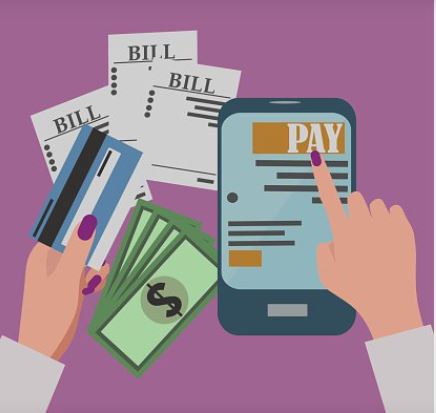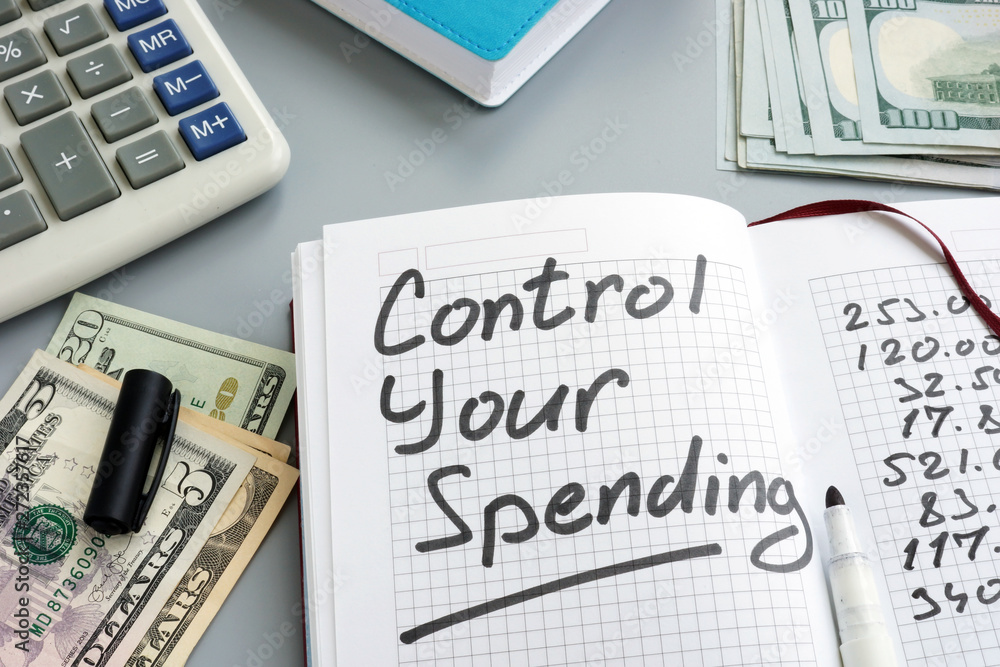Easy recipe to get rich: Easy formula for becoming Rich
Habits that help in becoming rich in life
What do you do on a daily basis that grows your bank account? If you can’t answer this question, it’s time to adopt new habits focusing on wealth. Just as your physical health depends on the choices you make in your daily life, such as healthy habits like eating well and exercising, some habits can help you become wealthy.
If you want to become rich, adopt these few financial habits into your life:-
1. Spend less than what you earn:
It’s a fundamental principle that if you spend more than you earn, you can never improve your financial situation. However, it’s in your hands to manage your expenses by being mindful of your income and keeping it within limits while allowing for some increase.

2. First, pay yourself:
When people say ‘pay yourself first’, they mean to separate a portion of your income for savings before spending on household expenses. The key to salvation is to do it first, aiming to save at least 10-20% of your income and make saving a habit.

3. Create an emergency fund:
Financial experts agree that an emergency fund is the heart of financial health. Keeping the emergency fund stable saves you from taking loans and it can be used for any necessary expenses, which helps you achieve your financial goals. Start the fund at a small level, meaning keep money in it for one month’s expenses, and then gradually increase it to cover expenses for a year. By doing this, you won’t face financial difficulties during a job loss or a medical emergency.

4. Budget for Extra Expenses:
Make it a habit to budget for purchases other than basic expenses and bills. Whether it’s buying tea leaves twice a week, going out to eat, or buying gifts for family members, these seemingly small expenses can add up and strain your income if you don’t keep track of them. Write down all your expenses from last month and any previous ones you can remember. Assign them a priority number according to their importance and include them as part of your budget for the top three priorities.

5. Saving for the unexpected:
Unexpected expenses can arise at any time, whether it’s a real emergency or not, and they can put you in a difficult situation. Your tooth could become a problem, your child could become ill, or something in your home may require urgent repairs. These unexpected expenses can double your income when you don’t have extra income at that time.

6. Define financial objectives:
You should focus on which daily habits to pay attention to and who to prioritize in your financial dealings, and for that, you should be aware of what you want to achieve. Consider your income and look at the things that bring in the most revenue, then identify actions that can achieve short-term and long-term financial goals.

7. Make taking stock of your progress a habit:
Make it a habit to assess your financial goals once a week to see how much progress you have made or if any progress has been made at all. This will help you avoid any last-minute surprises and setbacks.

8. Keeping track of money:
You can’t just spend your income on things that you don’t even know where they are going. Try to create a system that allows you to track your financial transactions. Whether it’s using an old-fashioned pen and paper or a smartphone app, you should have a clear picture of what’s happening with your income.

9. Check your financial accounts:
You should regularly check your financial accounts, including your tax accounts, with regard to keeping an eye on your income. You should review your expense accounts such as credit cards and bank accounts, check monthly bills, and update your budget to avoid any delays in payments.

10. Keeping a small amount of money in your pocket:
If your wallet is filled with cash or credit cards, you may feel the urge to spend unnecessarily when you leave the house. In this case, keep your credit card and extra cash at home so that you don’t feel the urge to spend and only carry the necessary amount with you.

11. Timely payment of bills:
Timely payment of bills not only saves you from penalties but it is also a key to financial peace and health. If you find it difficult to make timely payments, then write down the due dates of your monthly bills and set reminders on your phone or diary to ensure that you don’t forget to make the payment.

12. Stay away from loans:
Refrain from taking high-interest loans such as credit cards, as their payments can be quite difficult. Instead, control your spending habits to avoid taking new loans. If you must take out a loan, make sure it serves your important goals, such as a new home or educational expenses.

13. Self-investment:
Daily habits like eating nutritious food and getting adequate sleep, and big life decisions like education or career changes, determine your success. Therefore, you need to adopt a mindset that will awaken your personality and prove helpful in achieving long-term goals on a solid foundation.

14. Searching for new opportunities for income:
Controlling expenses and saving are necessary habits, but earning is also important. So, explore ways to increase your income, try to find a way to earn from your hobby, such as selling something online, etc. If you don’t have time, look for ways to increase your salary in your job, learn what is required to increase your salary, and then try to achieve it. Learn new skills and education that can increase opportunities for income growth.

15. Investment to increase your wealth:
Along with exploring ways to increase income, it’s also important to consider growing your wealth with the money you already have. Now, whether you prefer to prioritize saving in a savings account or investing in a particular field, it’s your personal choice.

16. Controlling your desires:
Often, when we see something, we feel the urge to buy it even though we don’t necessarily need it. This is actually the perfect example of marketing that is designed to capture your attention. To overcome this, try to control your thoughts and develop habits such as mindfulness and journaling. With these habits, you can gain the ability to resist the urge to buy unnecessary items. Learn to be content with what you already have because any purchase you make will be coming out of your own pocket.

17. Learn to work on your own:
There are various tasks related to home maintenance that often requires hiring an expert, which can be costly. However, with a little effort, you can do them yourself. Whether it’s fixing a leaking pipe or a common electrical problem, these tasks are not particularly difficult for most people, and all it takes is some basic knowledge. Otherwise, you may end up spending hundreds or even thousands of rupees on hiring someone else to do it for you.

18. Follow the purchasing plan:
Impulsive shopping or buying without thinking leads to overspending and unnecessary expenses. Plan before leaving the house, especially when it comes to grocery shopping, by making a list of what you need to buy. This will help you stay limited to buying only the necessary items according to your needs and avoid wasting money on unnecessary items. Make a list of things to buy before going shopping and stick to it.

19. Comparing the price of everything:
To spend your income wisely, you need to compare prices before buying anything. If a pair of shoes costs three to four thousand rupees at one shop, you may be able to buy the same quality item for a lower price in another market. Similarly, try to buy items that can last for a long time, even if they are expensive, as this will save you money in the long run based on fundamental principles of saving.

20. Learn from financial setbacks:
If you have ever faced financial difficulties, try to learn what went wrong and caused you to face them. Everyone encounters financial losses at some point in life. By identifying your mistakes, you can avoid them in the future.

21. Preventing Bad Habits:
If you are trying to adopt new financially healthy habits, you cannot afford to let a few bad habits become a part of your nature that could make success impossible. There is a strong possibility that you have financial habits within you that repeatedly trap you in their web, such as spending too much when going out with friends or family, and such common habits often cause more harm than good. To prevent your efforts to increase wealth from being ruined, you must get rid of the weaknesses of the past.

Read Also: Change your habits, change your life!
To Know more: Click here!









